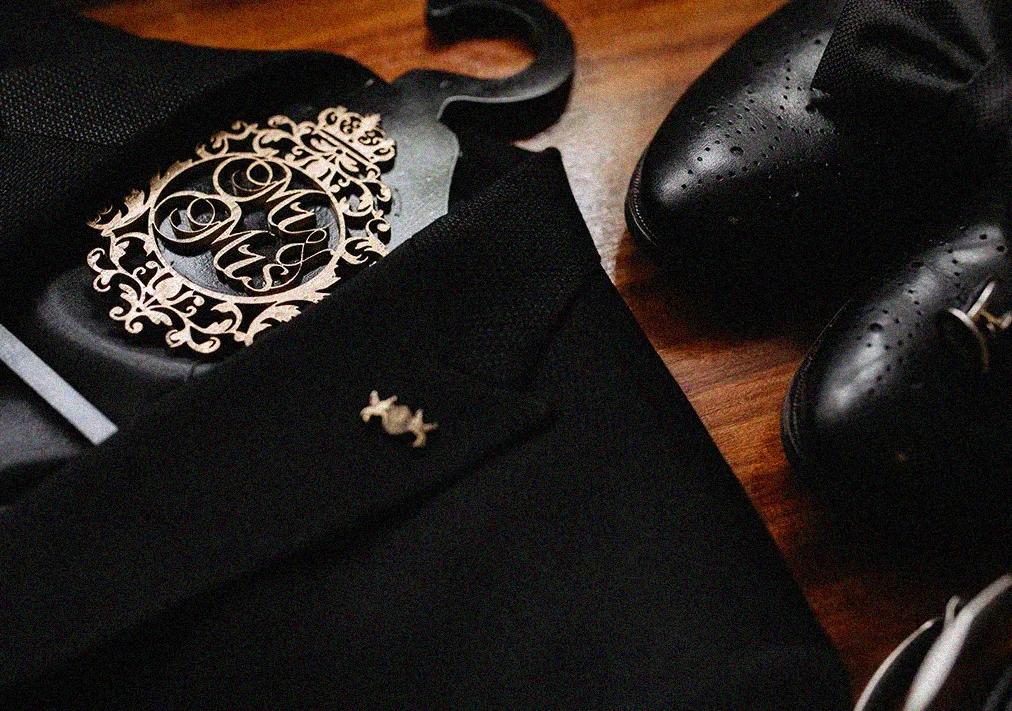What B2B Can Learn from Luxury Marketing

1. Storytelling as Positioning

Luxury brands never compete on product features alone. They sell cultural capital: Hermès doesn’t market leather, it markets heritage. In B2B, the same principle applies. Instead of “faster servers” or “better analytics,” tell a story of transformation: what does working with us say about our clients?
Case in point: McKinsey doesn’t advertise consulting hours - it sells the myth of shaping global strategy.
2. Exclusivity in Offerings
Luxury thrives on scarcity. Waiting lists and limited runs fuel desire. In B2B, scarcity can be built into service tiers, invitation-only programs, or selective client portfolios. By refusing to serve everyone, a company elevates the value of access.
Example: elite law firms don’t chase volume - they carefully choose clients, turning selectivity into a signal of prestige.
3. Client Experience as Differentiator
Luxury is never just about the product. It’s about every ritual surrounding it - the boutique, the event, the unboxing. In B2B, the “ritual” is service: onboarding, reporting, workshops, executive briefings. Every touchpoint communicates brand value.
When aviation firms like Jetex turn flight support into a white-glove experience, they apply luxury logic to a B2B industry.
4. Pricing Integrity
Luxury never discounts. Price is not a barrier but a signal of worth. For B2B, this means avoiding the race to the bottom. Premium pricing tied to premium positioning builds trust, authority, and long-term margins.
Clients who buy “luxury-level service” are not buying cost-efficiency - they are buying peace of mind, status, and cultural fit.
5. Building Long-Term Desire

Luxury doesn’t sell for today; it cultivates desire for decades. B2B companies can adopt this mindset by building thought leadership, heritage, and symbolic capital. The goal is to become more than a supplier: to become part of a client’s identity and ecosystem.
Conclusion: Luxury Codes as a B2B Advantage
Luxury shows us that business growth is not always about selling more. It’s about creating meaning, scarcity, and cultural value. For B2B firms, this means:
- Lead with myth, not features.
- Curate clients, don’t chase them.
- Turn service into ritual.
- Protect price as a symbol of worth.
The result? Not just transactions, but prestige partnerships.
Luxury proves that even in B2B, the most valuable brands are those that dare to stay rare.

